France’s Floyd moment: Teen's police killing enabled by deep French racism
By Syed Zafar Mehdi
In a scathing open letter read out on France Inter radio on June 4, 2020, prominent French novelist Virginie Despentes unequivocally slammed racism in French society, comparing savage treatment meted out to racial minorities and privileges accorded to whites.
“In France, we are [supposedly] not racist, and yet the last time a waiter refused to serve me I was with an Arab; the last time I was told to show my ID, I was with an Arab; the last time a person I was waiting for almost missed a train because police stopped her, she was Black,” wrote Despentes.
“A white person like me can move freely through the city without even noticing the police. [...] I cannot forget I am a woman. But I can forget I am white. That’s what it means to be white. To think about it or not, depending on your mood. In France, we are not racist, but I don’t know a single black or Arab person who has such a choice.”
A week before that, a massive wave of protests had swept French cities against widespread racism in the country, with tens of thousands of people rallying in northern Paris to challenge the status quo.
The unprecedented protests in France were inspired by the global movement of ‘justice for minorities’ triggered by the murder of George Floyd, a 46-year-old Black American, by a white US police officer Derek Chauvin in Minneapolis on May 20, 2020.
“What happened in the US happens here too, it’s the same oppression and injustice,” a 38-year-old man was told France24 at the time. “The difference is that France pretends it doesn’t happen.”
Three years on, nothing has changed. In fact, things have only become worse.
On Tuesday, a 17-year-old man of Algerian descent was shot and killed by trigger-happy French police in the Paris suburb of Nanterre, sparking fresh anti-racism protests in the country.
Nahel M’s brutal killing has now become a rallying cry for persecuted racial minorities in France who have for long suffered discrimination and violence and been forced into silence and submission.
The vociferous chants of “We don’t forget, we don’t forgive" have reverberated across France since Tuesday with all minorities - cutting across ethnicities - joining the solidarity demonstrations.
The slain teenager’s diabolic murder could very well turn out to be the George Floyd moment for French minorities and reignite the long-suppressed movement for racial equality and justice.
Activists have for long accused the French authorities of treating people of color differently from whites, and there are ample examples to prove that the accusations are not humbug but based on facts.
The memories of Adama Traoré, a Black Frenchman of Malian descent, who died after being arrested by French police in the suburbs of northern Paris on July 19, 2016, are still fresh.
Medical reports established that immobilization and handcuffing contributed to Traoré’s asphyxiation.
Assa Traore, his sister, after Floyd’s murder by American police in June 2020, said the two men of color in two different countries “died in exactly the same way." And both families were denied justice.
“Today we are not just talking about the fight of the Traore family. It is the fight for everyone. When we fight for George Floyd, we fight for Adama Traore,” she said at a protest on June 2, 2020.
“What is happening in the United States is an echo of what is happening in France.”
Before Traore, many people of color in France perished in police custody, with their harrowing stories unheard and untold. For example, the story of three teenagers who were rushing home one fine afternoon in 2005 in a Paris suburb after playing football and were chased by police for no reason.
The terrified children, between 15 and 17, took cover in an electricity station and two of them – Zyed Benna and Bouna Traore – eventually died of electrocution and Muhittin Altun sustained severe burns.
A study conducted in 2017 by an independent French human rights group revealed that young men in the country seen as Black or Arab were 20 times more likely to be apprehended by police than whites.
In December 2022, Reuters reported that French police had issued 58 COVID-related fines per 1,000 people in the five Paris districts with majority ethnic minorities, which was about 40 percent higher than the rate of other areas with predominantly white populations.
More recently, in February this year, an astonishing report on racism in France by the Representative Council of France's Black Associations (CRAN) revealed that 91 percent of respondents in mainland France said they had been victims of racial discrimination "often" or "from time to time," and 85 percent respondents admitted to being victims of discrimination owing to their skin color.
"The absolute and widespread nature of the phenomenon is particularly striking. We see the progression of hateful ideas on the internet and in public debate," Patrick Lozès, CRAN founder and its first president, was quoted as saying by Lemonde at the time.
The 17-year-old teenager’s killing, experts believe, has again exposed deep fault lines of racial discrimination and violence in France with French police using disproportionate force against protesters.
More than 1,300 protesters have been arrested so far, according to reports, with the government deploying around 50,000 police personnel in major cities to quell or suppress the angry protests.
“He saw a little Arab-looking kid, he wanted to take his life,” his mother was quoted as saying in local media. “A police officer cannot take his gun and fire at our children, take our children’s lives.”
On Friday, UN human rights office spokeswoman Ravina Shamdasani at a news briefing in Geneva expressed "concern" over the incident, calling it "a moment for the country to seriously address the deep issues of racism and discrimination in law enforcement."
Nahel’s tragic murder, as it appears, has galvanized racial minorities in France the way Floyd's ghastly killing brought together Asian-Americans and African-Americans in the US.
FIFA must strip US of 2026 World Cup hosting rights over Trump’s hawkish policies: Analyst
Iran Army slams EU’s blacklisting of IRGC as ‘shameful’, ‘irresponsible’
Iran considers armies of EU states as ‘terrorist organizations’: Security chief
Sharif University scholars condemn US foreign policy as illegal, destabilizing
Pezeshkian says Iran seeks no war, vows 'decisive' response to any attack
Iran ready for both war and dialogue, ‘will not accept dictation’: FM Araghchi
Trump warns UK against enhancing China ties as PM Starmer hails reset
VIDEO | Press TV's news headlines


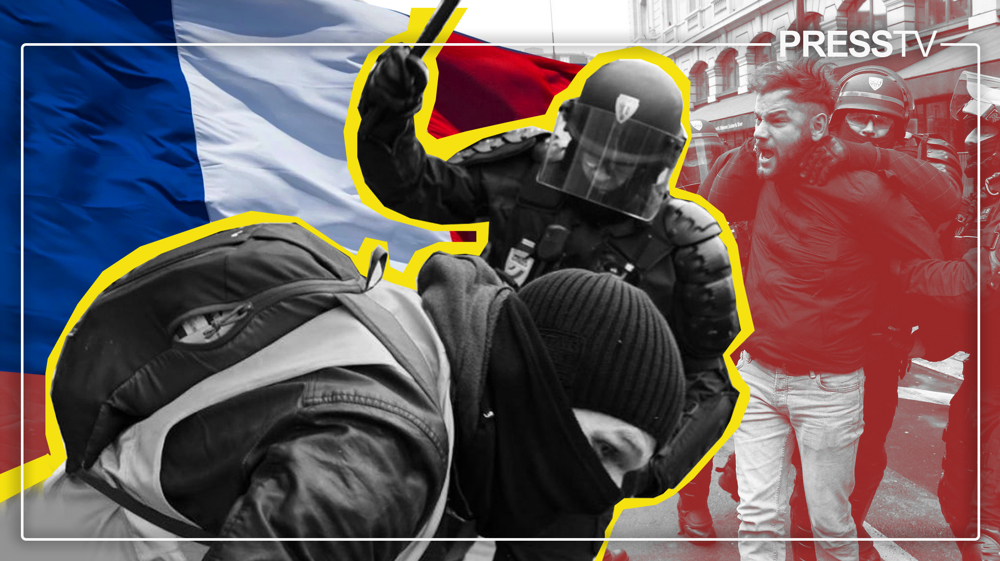

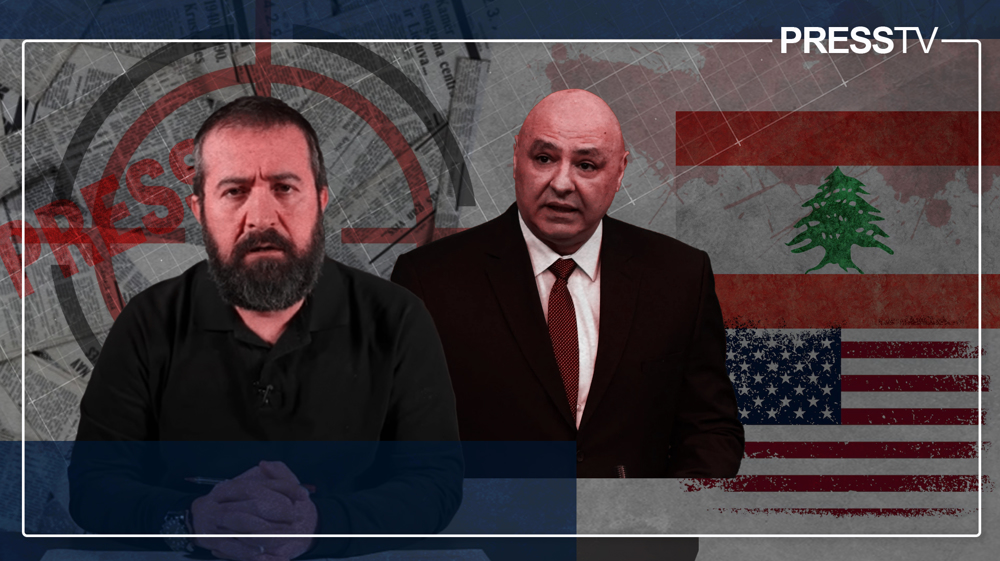
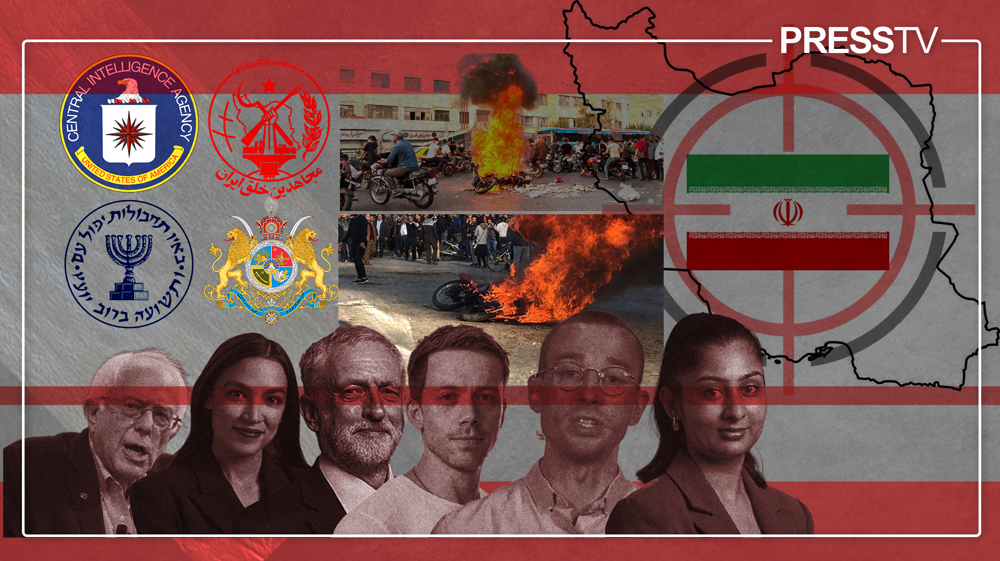



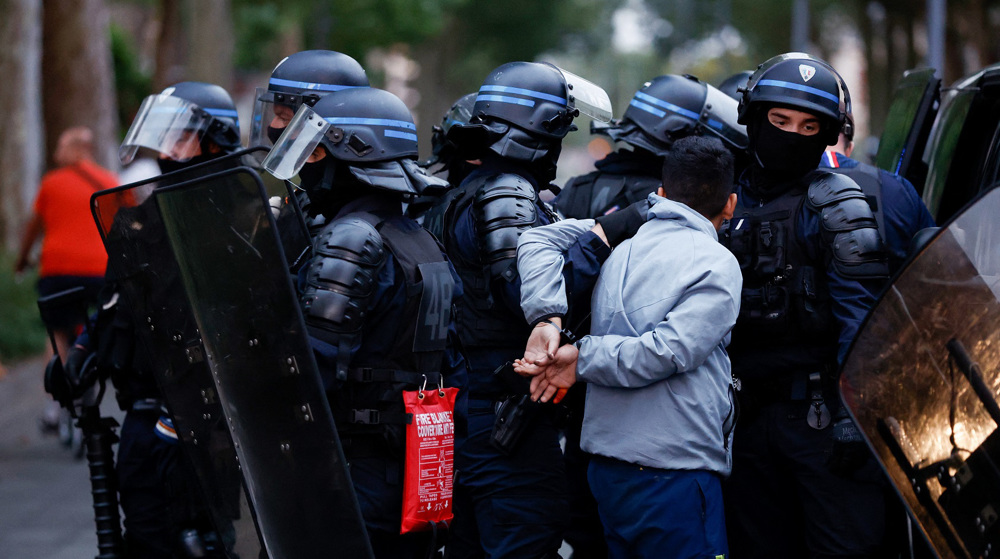
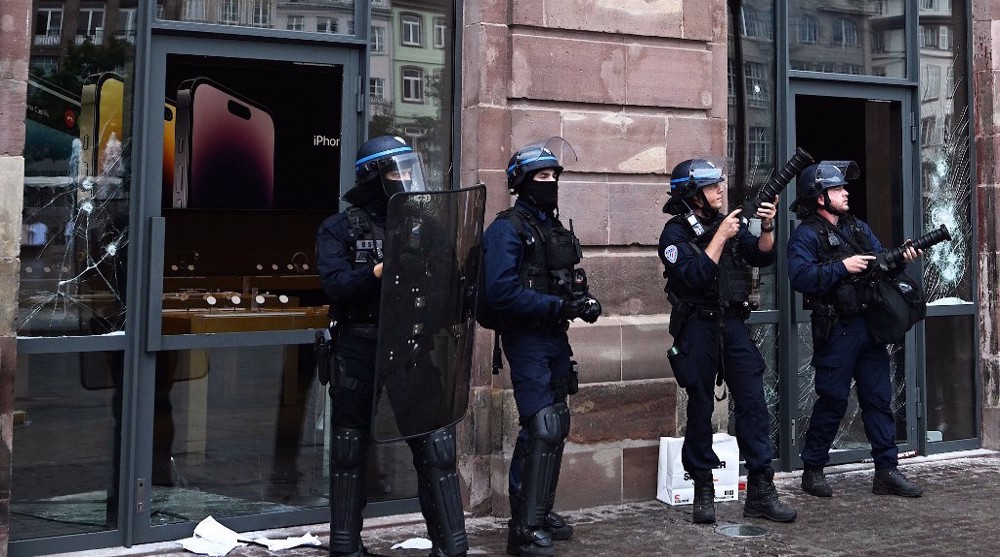
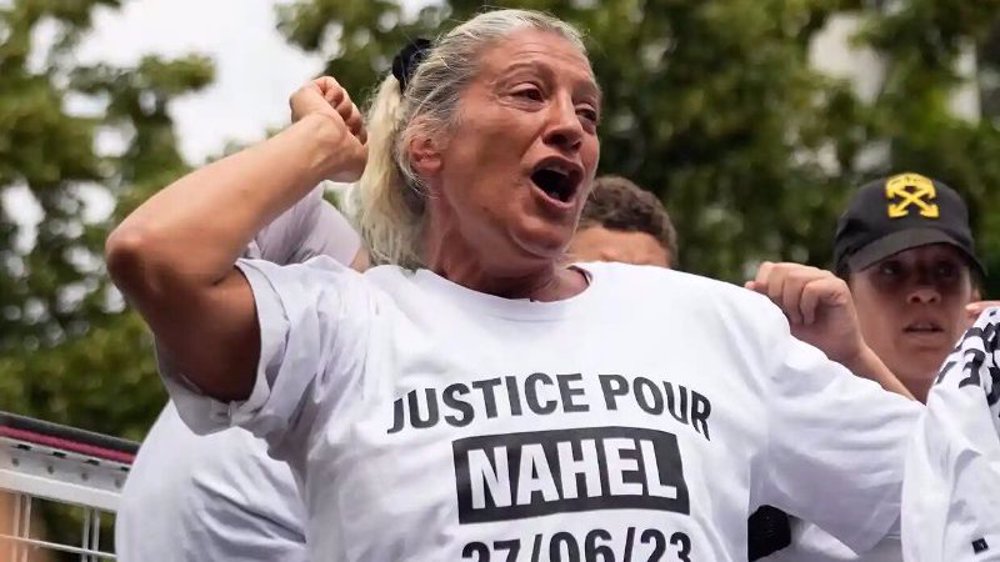
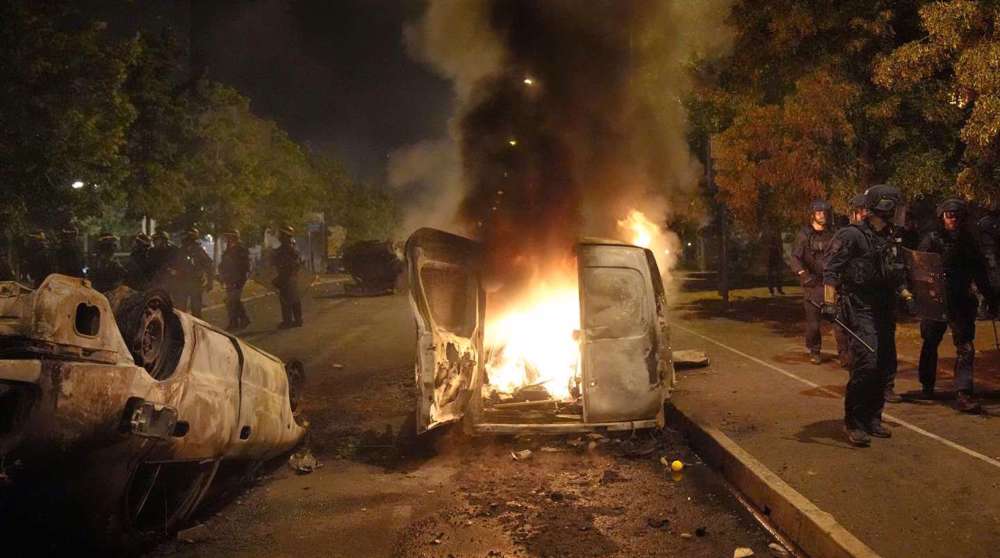
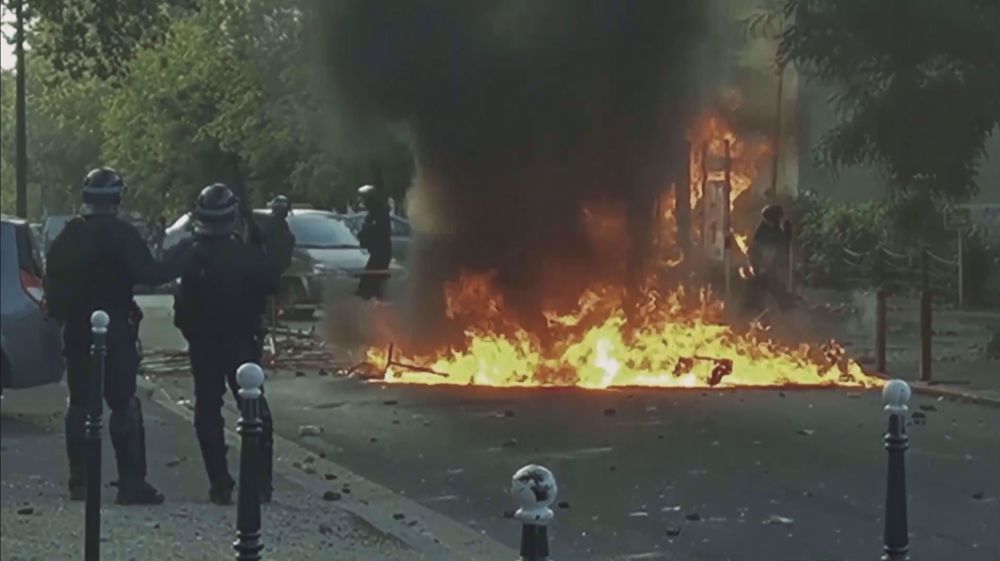

 This makes it easy to access the Press TV website
This makes it easy to access the Press TV website